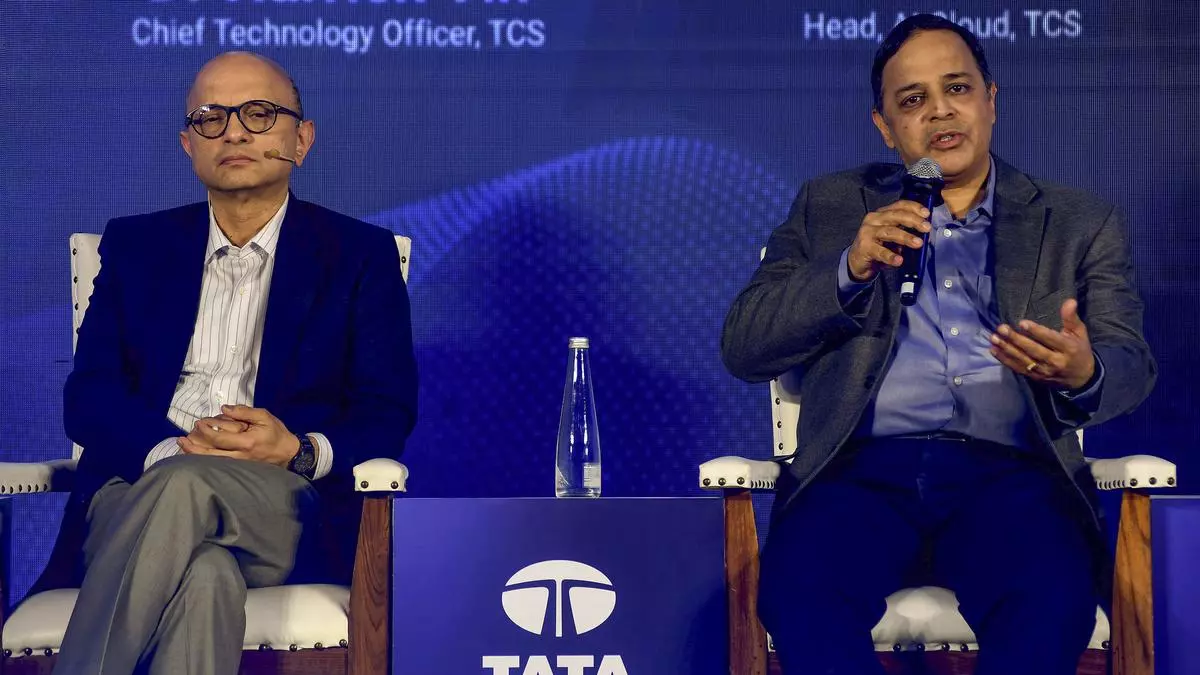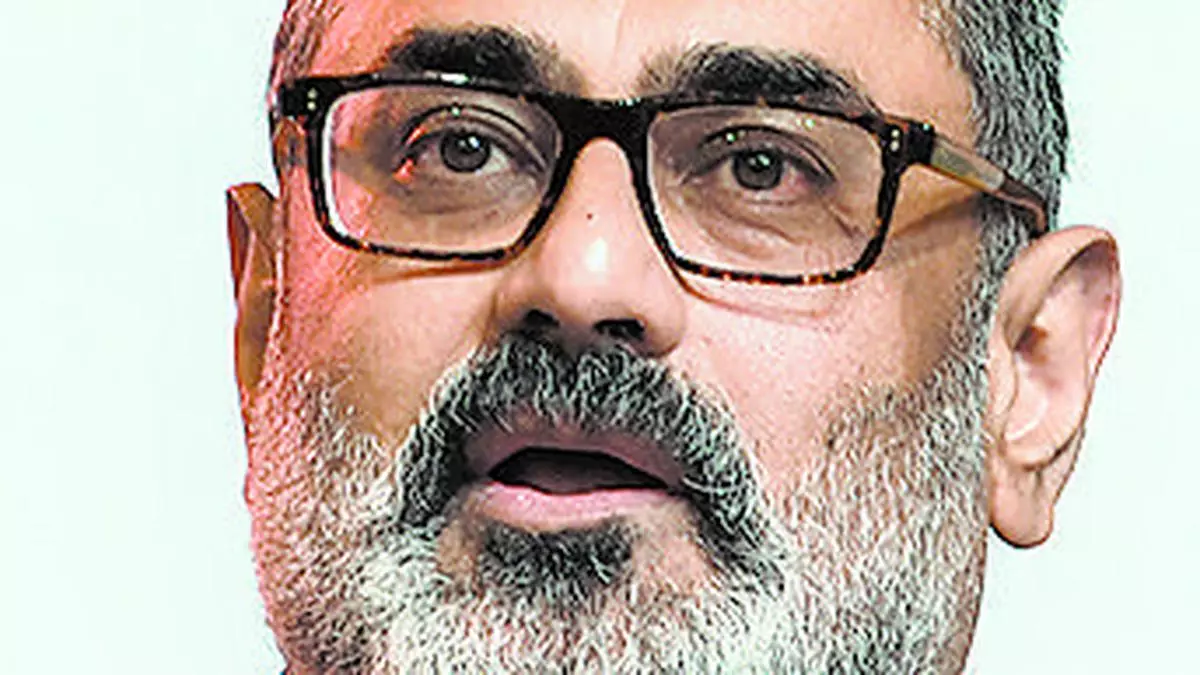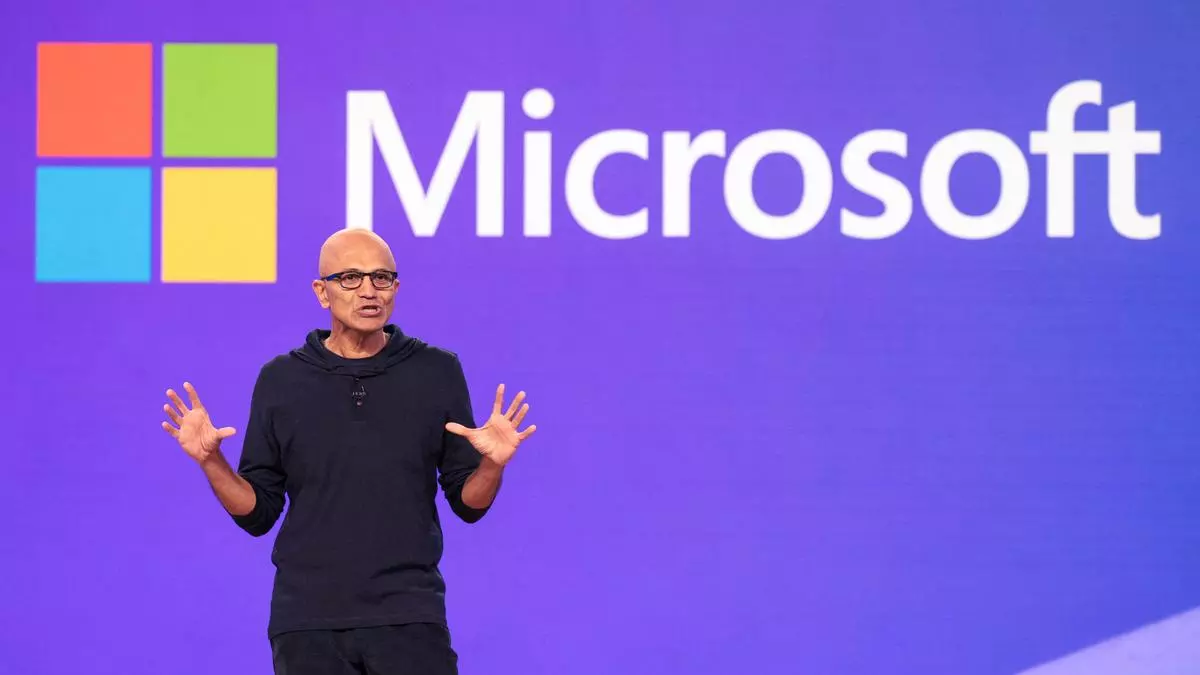Centre mulls law to give digital media bargaining power with Big Tech

An inter-ministerial meeting on Wednesday brainstormed on the need for a new legal framework for digital media to protect them from Big Tech’s anti-competitive practices through which they siphon off advertising revenue, leaving digital news publishers disadvantaged.
The inter-ministerial meeting chaired by the Information & Broadcasting ( I&B) Secretary met to discuss digital news publishers’ concerns about their weak bargaining power with Big Tech, sources said.
This meeting was attended by Secretaries from the Departments of Economic Affairs, Consumer Affairs, Promotion of Industry and Internal Trade, Electronics and Information Technology, Corporate Affairs, and Legal Affairs, sources said. Competition Commission of India was also represented at this meeting.
A separate law for Digital news publishers is being contemplated in addition to the Digital Competition law that is in the works to introduce an ex-ante framework to rein in Big Tech’s anti-competitive conduct.
- Also read: Centre convenes high-level meeting to resolve Big Tech vs. Digital News imbalance
Options Discussed
However, some of the members attending today’s meeting are understood to have conveyed that the asymmetry of power between Big Tech and Digital News publishers could be addressed even through subordinate legislation under the proposed Digital Competition law.
Another option was through regulations of the Competition Commission of India (CCI). Therefore, there won’t be a need to have a separate statute to address the bargaining power imbalance, they added.
The decision on having a separate law for digital news publishers would finally lie with the concerned ministers and the Cabinet, sources added. The separate law could be patterned on the lines of Australia’s the New Media and Digital Platforms Mandatory Bargaining Code.
- Also read: CCI tightens grip on big tech with new settlement and commitment monitoring regulations
The dominance and market power of certain Big Tech companies in digital advertising and the abuse of dominant position by certain companies came in for discussion, it is learnt.
The need for separate law has assumed importance as the recent Digital Competition Bill and the report of the Committee of Digital Competition Law (CDCL) had not recommended any specific bargaining guidelines that could come in handy for digital news publishers in realising fair share of advertising revenues garnered by Big Tech from their platforms.
Except for making a general recommendation that gatekeeper platforms should operate in a fair, reasonable and non-discriminatory manner (FRDAND) manner with business users, the CDCL had not made any specific recommendation for enabling news publishers to bargain with digital giants.
Faced with no relief coming their way in the DCB in terms of better bargaining power with Big Tech, the Digital News Publishers Association (DNPA) had recently approached the Prime Minister’s Office seeking solution to their problem, sources said.
Fair Share
Digital news publishers have been fighting for their survival as Big Tech companies are monetising the content generated by news publishers by way of advertising revenues, leaving publishers with only a small fraction of such revenues.
Small and medium-sized digital news publishers are reportedly struggling to compete against the overwhelming influence of tech giants, who dominate advertising revenues and content distribution channels.
Digital news publishers have been wanting a “fair share” of the digital advertising revenues earned by Big Tech platforms from the content being monetised by them. However, there is now complete information asymmetry and news publishers contend that they have no way to ascertain the advertising revenues earned by Big Tech through the usage of their news content.
Regulatory provisions are required to ensure that news publishers are able to establish contracts with Systemically Important Digital Intermediaries (SIDIs) through a fair and transparent process , the Standing Committee on Finance had recommended in its report in December 2022.




Leave a Comment